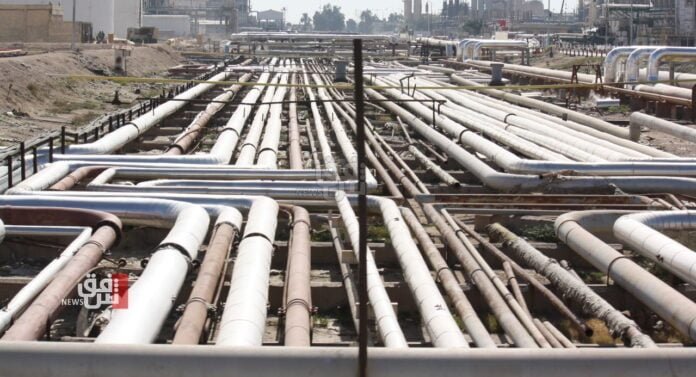On Saturday, the website “Iraq Oil Report” reported a new development concerning Iraqi Kurdistan Region’s oil exports to the Turkish port of Ceyhan.
According to a translated news report, Iraq is currently taking steps to enforce a major arbitration award against Turkey. This is being done in the hopes of securing a favorable ruling worth $601.9 million from an American court in Iraq’s favor.
Despite a series of technical talks held in mid-September, it seems unlikely that Baghdad and Ankara will reach a diplomatic agreement to reopen the Kurdistan Region’s oil export pipeline through Turkey. This conclusion can be drawn from the recent Iraqi move. According to a source, “We are moving towards resuming export operations,” but it is clear that the two sides are not close to the type of agreement necessary for this to happen.
This comes after American assurances to reopen the oil pipeline between Iraq and Turkey.
The Turkish Minister of Energy, Alp Arslan Bayrakdar, announced on September 15th that the inspection of the oil pipeline from the Kurdistan Region to the port of Ceyhan had been completed. He also confirmed that the pipeline would be technically ready for operation in the near future.
Turkey halted oil flows through a pipeline located in the Kurdistan Region on March 25. This came after a ruling in an arbitration case by the International Chamber of Commerce, which ordered Ankara to compensate Baghdad for exporting oil through the Kurdistan Region without involving the federal government between the years 2014 and 2018.
After the decision, Turkey conducted maintenance work on the pipeline that passes through a seismically active area. The country claimed that the pipeline was damaged by floods resulting from the devastating earthquake that hit the southern region on February 6.
In late August, the Kurdistan Region Oil Industry Association reported that the decision to halt exports to the Turkish port of Ceyhan had resulted in losses of approximately $4 billion for both producers and the Iraqi government. This was because the pipeline shutdown forced oil producers in the region to reduce their production.





